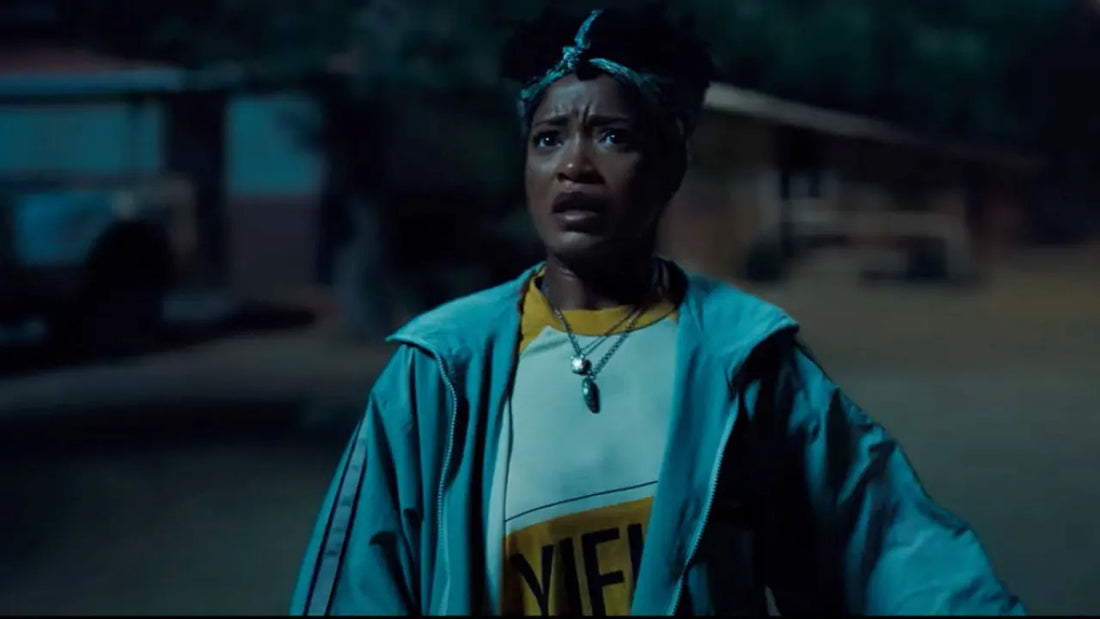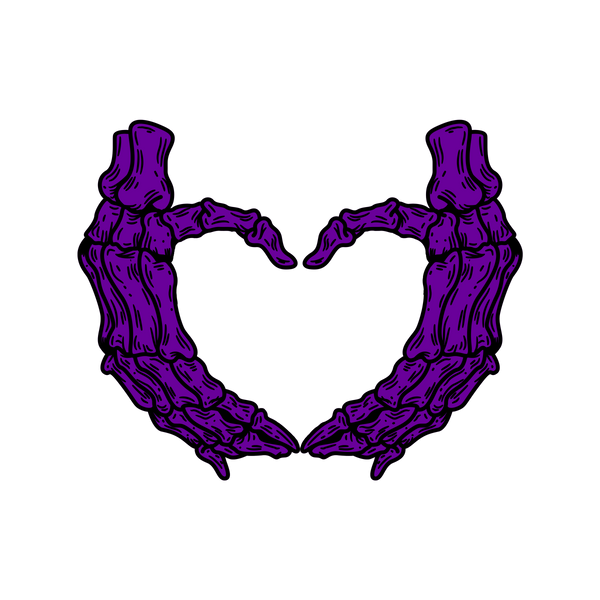
The Future of Black Women in Horror Films
Share
Black women have long been at the bottom of the totem pole in film across all genres. From portraying maids to mystics, our roles were limited because of our race.
A more modern example of this is Bonnie (Kat Graham, The Vampire Diaries). Bonnie’s character was both The Best Friend (a character who is loyal to the white protagonist to the detriment of themselves) and The Mystic/Magical Negro (comes to the aid of the white protagonist, has special gifts, dies once they’ve been used).


So what is the future of Black women in horror?

Adelaide (Us, 2019) is the villain, the savior, and the victim. We have long been presented in horror as someone unworthy of being saved and centered. With Black women as the filmmakers and the writers, we take control over our own narratives. James Baldwin once wrote that “White people don’t know what horror is.”
As we continue to take up space in the horror genre, inevitably, we will see less and less of these tropes in horror media. All we want is to just be. Be who we are and express ourselves through the art that is horror. We’ve been here, we just weren’t valued.
Black Women Filmmakers
- Eloyce Gist, Hellbound Train (1930), Heaven Bound Traveler (1935)
- Kasi Lemmons, Eve’s Bayou (1997)
- Zandashé Brown, Horror Noire “Bride Before You” (2021)
- Robin Givens, Haunted Trail (2021)
- Nia DaCosta, Candyman (2021)
- Nikyatu Jusu, Nanny (2022)
- Mariama Diallo, Master (2022)
